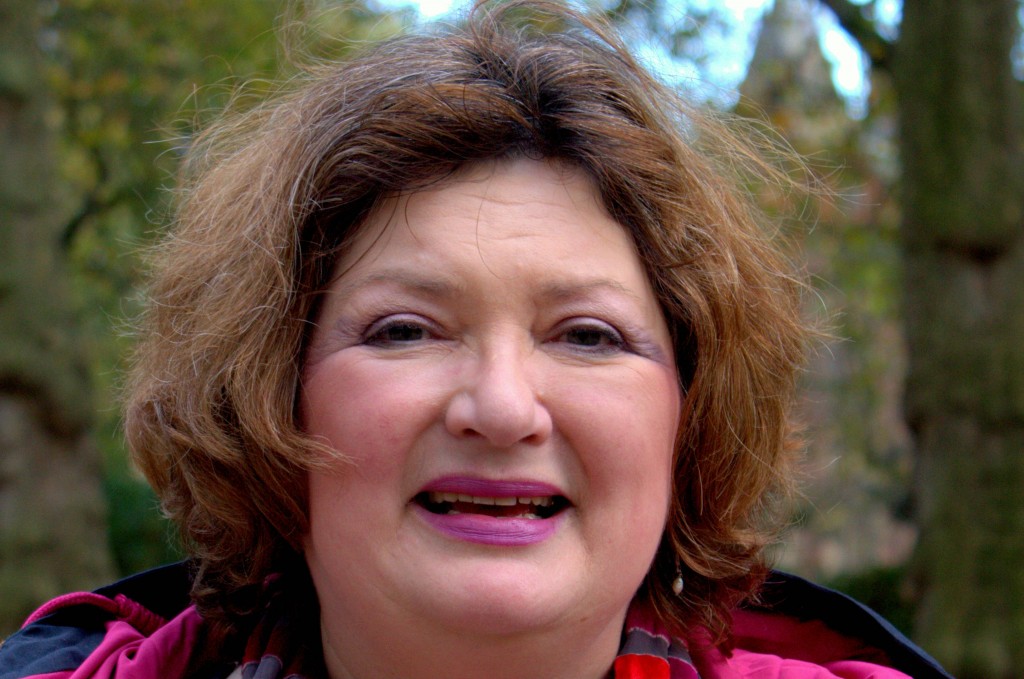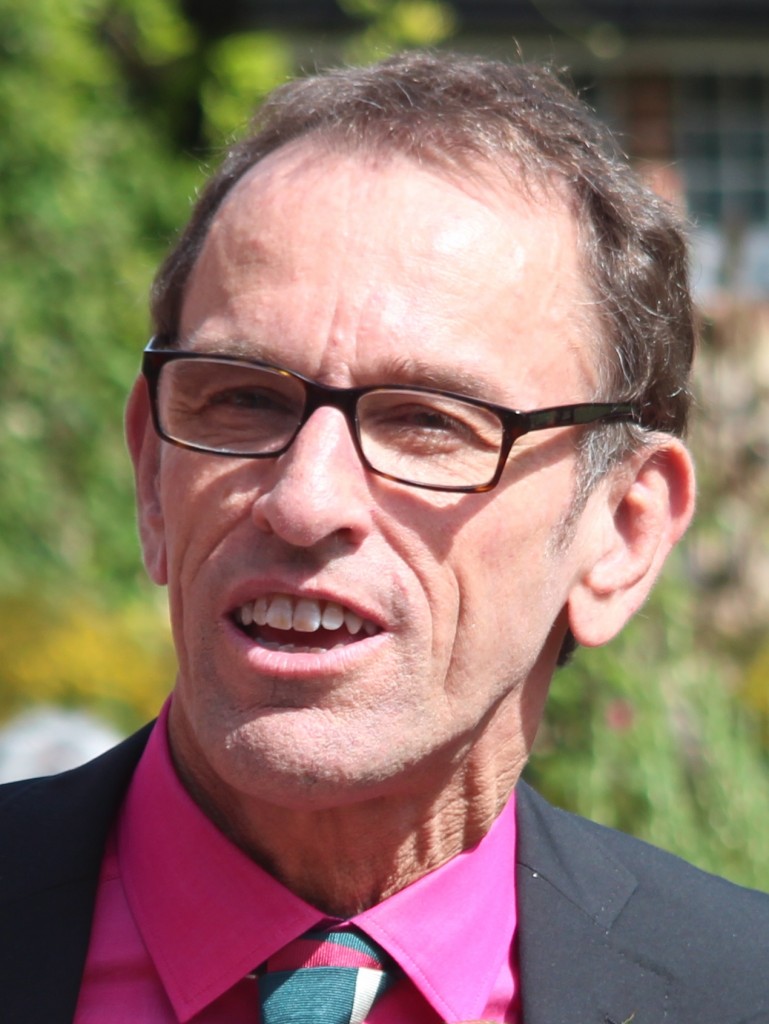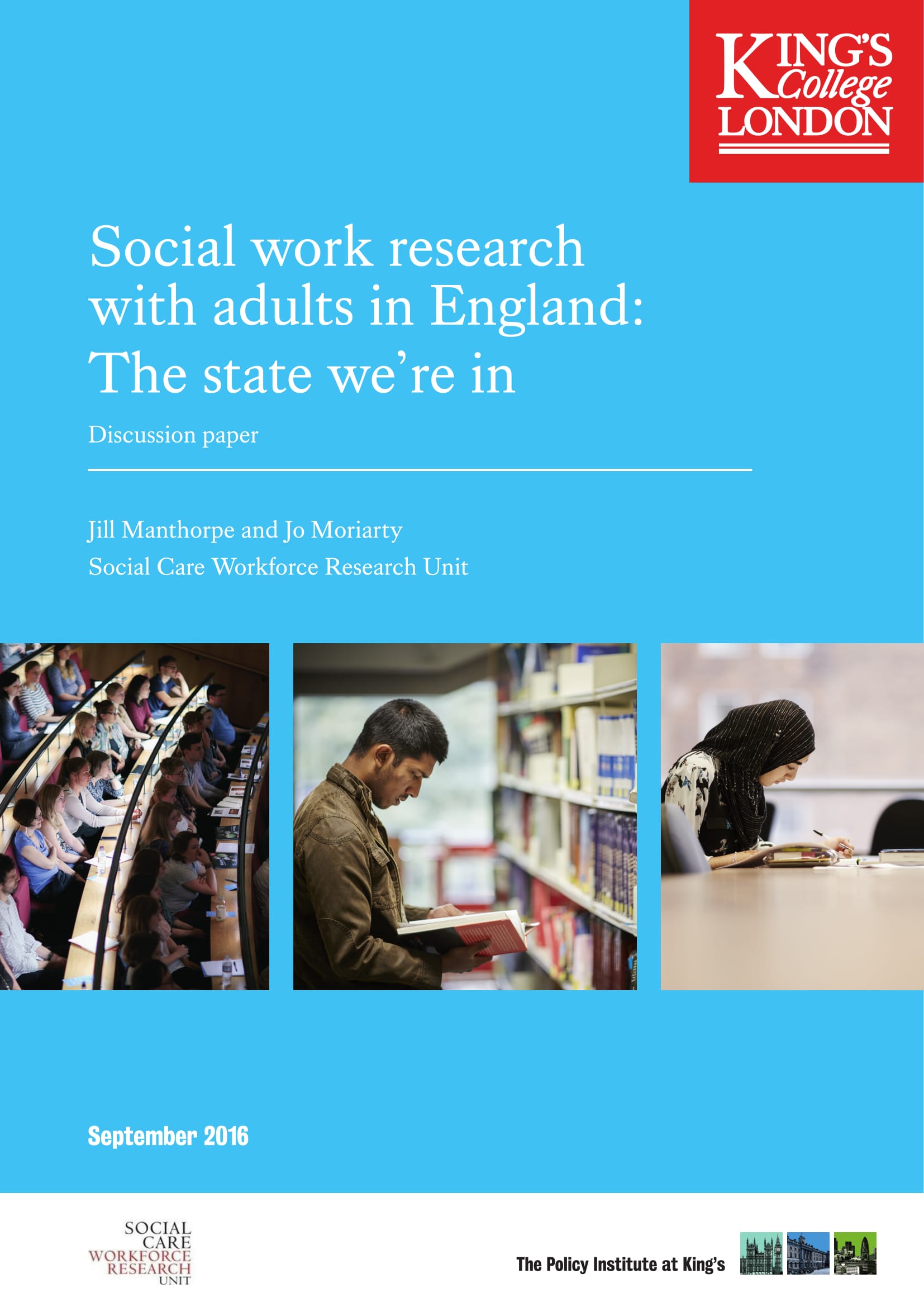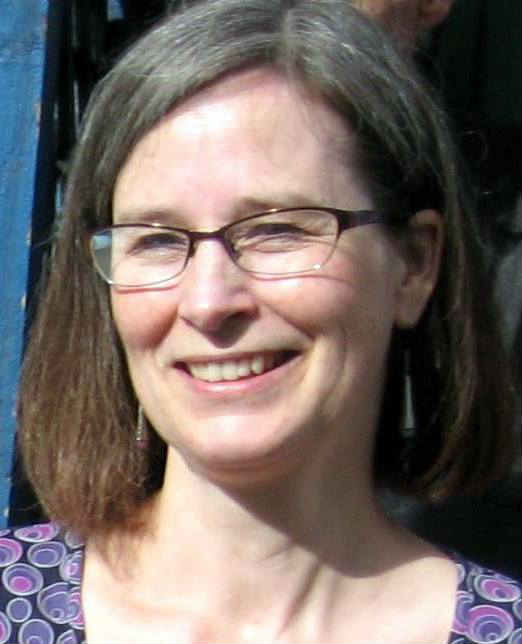 Nigel Charles is a health services researcher at the University of Exeter Medical School. He also has Non-Hodgkin Lymphoma and draws on his experience of this to suggest a patient informed research study about using statistics to help patients deal with the emotional impact of cancer. (1,418 words)
Nigel Charles is a health services researcher at the University of Exeter Medical School. He also has Non-Hodgkin Lymphoma and draws on his experience of this to suggest a patient informed research study about using statistics to help patients deal with the emotional impact of cancer. (1,418 words)
I’m in a club no one wants to be in. The Cancer Club. This post is about a hunch I have about how to handle being a member of this club and the need for this to be researched. I’m also waving the flag for patients shaping the research agenda.
I was diagnosed with an aggressive variety of Non-Hodgkin Lymphoma—a type of blood cancer—in October 2016. (Indeed, I write this on the day of the anniversary of my first hospital admission which led to the diagnosis. Happy Birthday.) The haematologists who specialise in the treatment of NHL found a cricket ball sized tumour buried deep inside my abdomen. Surgery was needed to stop it blocking my bowel but subsequent chemotherapy hasn’t worked. We have yet to see if the next and last available option—radiotherapy—will. Continue reading







